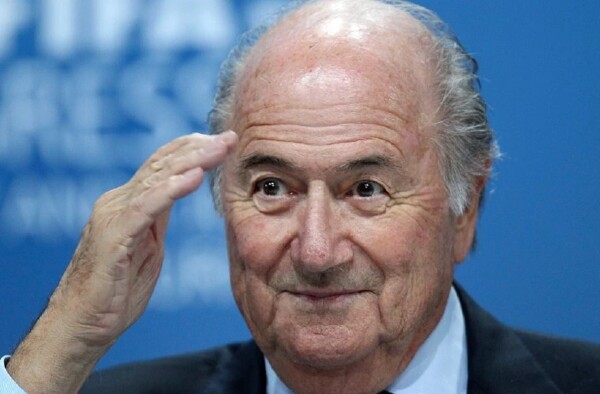
On Friday, April 18, Donald Trump's chief economist stated that the President of the United States is considering the possibility of firing Jerome Powell, who is the Chairman of the Federal Reserve. This revelation comes a day after Trump publicly criticized Powell for not implementing quick interest rate cuts, labeling that decision as "political."
Trump had expressed his dissatisfaction with Powell, hinting that he was evaluating the possibility of dismissing him. Kevin Hassett, director of the National Economic Council, suggested that the Federal Reserve, under Powell's leadership, had acted politically to favor the Democrats. Hassett noted that the Federal Reserve's policy in the past had been to raise interest rates after Trump's election.
There were criticisms of Powell from Trump's allies after a speech in which he justified the Fed's cautious strategy regarding interest rates, especially amid the trade war that is alarming the markets. Although Trump has not openly confirmed his intention to dismiss the Fed Chairman, raising the question about his employment situation is indicative that he is considering taking that step.
The possibility of firing a Fed chairman would have a significant impact on the global economy, much more than previous personnel changes by Trump. Within the administration, some key figures like Treasury Secretary Scott Bessent and National Economic Council director Kevin Hassett have expressed disagreement with the idea of firing Powell before his term ends in 2026, warning of potential economic consequences.














